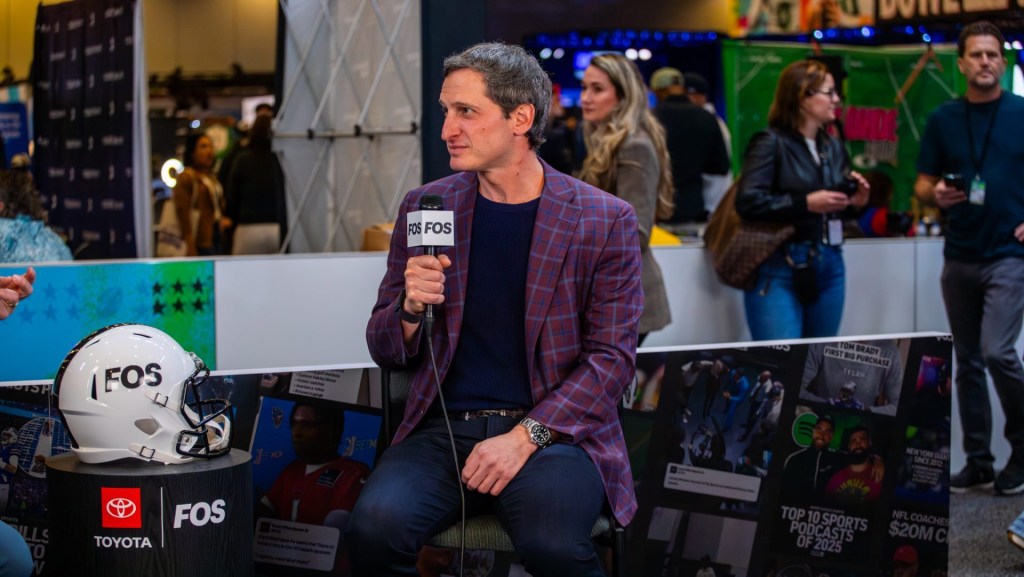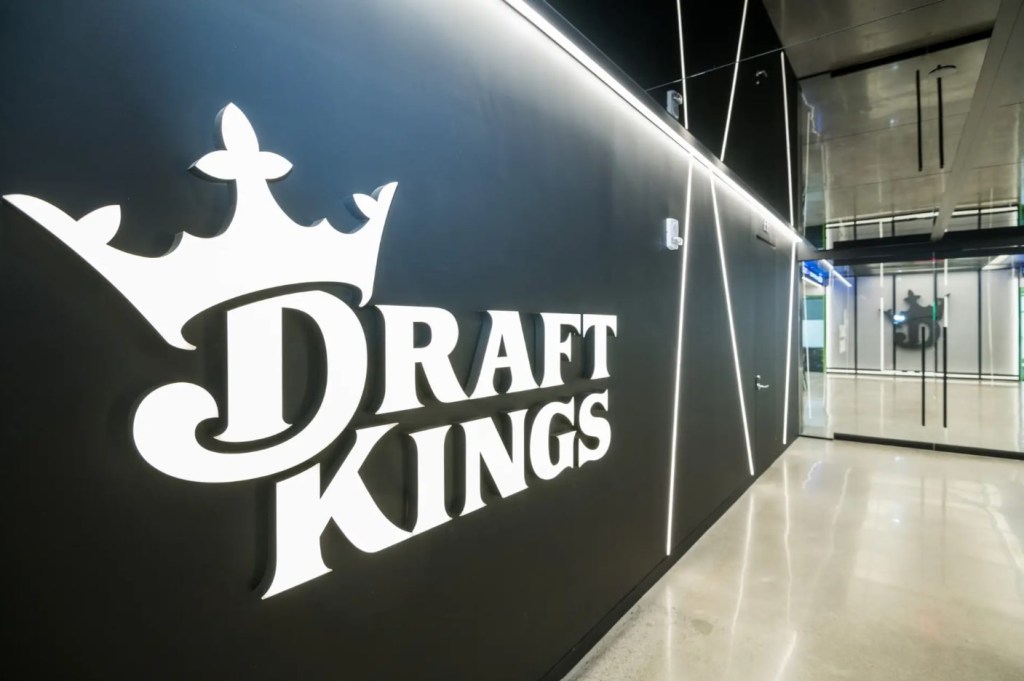Kalshi is aggressively defending its sports “prediction” contracts after a significant early legal win in Nevada, this time with a new lawsuit that looks to break down regulatory resistance from Maryland.
Kalshi’s Monday suit against the Maryland Lottery and Gaming Commission comes just over two weeks after the regulator demanded it stop offering sports event contracts, which a cease-and-desist letter described as “indistinguishable from the act of placing a sports wager.”
Kalshi, which launched its sports offerings in late January, gives users the ability to “trade” on “events,” like which NBA team will win a given game in a playoff series or “will there be an African F1 Grand Prix announced this year?”
Kalshi has previously sued regulators in Nevada and New Jersey, and earlier this month scored a significant preliminary victory in the Nevada case with a ruling that allowed the company to continue offering sports event contracts in the state, for now.
The company’s primary argument, which it also makes in the Maryland suit, is that the Commodity Futures Trading Commission has “exclusive” jurisdiction to regulate Kalshi’s sport event contracts through a federal law called the Commodity Exchange Act, which regulates the trading of commodities like grains and oil, but also less obvious commodities, such as sports when considered in a trading context.
It has also argued that, despite its sports event contracts looking a lot like sports betting, there’s an important distinction: where typical wagers placed have users betting against “the house”—casinos or sportsbooks like DraftKings or FanDuel, which set the odds and profit when bettors lose—Kalshi operates a nationwide marketplace where users are trading against each other.
Regulators in at least six states have filed cease-and-desist letters: Maryland, Illinois, Montana, Nevada, New Jersey and Ohio. Others, meanwhile, including Kansas, Washington and Connecticut, are reportedly looking into Kalshi’s sports offerings. Criticism has also come from at least a dozen Native American tribes or associated organizations, such as the Arizona Indian Gaming Association and Indian Gaming Association, with concerns including that Kalshi’s sports offerings will eat into their own sports betting business.
Kalshi has been gearing up for these legal fights, including by hiring a former American Gaming Association executive who previously helped overturn the U.S. sports betting ban.
Despite Kalshi’s preliminary victory in Nevada, legal experts see multiple avenues regulators could go down as they battle against the sports event contracts. For one, gaming law and sports betting attorney Daniel Wallach recently told Front Office Sports that a federal law known as the Wire Act, which prohibits interstate transmission of information that assists in the placing of wagers on any sporting event or context, shows that Kalshi’s sports event contracts are “probably not even legal under federal law.”
An even stronger argument against Kalshi’s sports event contracts, says Wallach, is the fact that the CFTC has “failed to enforce its own regulation”—Rule 40.11(a)(1), which bars event contracts that relate to issues including “gaming” or “activity that is unlawful under any state or federal law.”
He argued in Forbes that Kalshi “has already conceded that event contracts tied to sporting events involve ‘gaming,’” pointing to a court document it filed last year in a separate court battle with the Biden-era CFTC over event contracts related to outcomes of U.S. elections.
Kalshi may have shot itself in the foot by arguing in its Maryland suit that there is a “public interest” in seeing government institutions follow the law, Wallach said in a Tuesday social media post.
“I can’t believe that Kalshi actually wrote that the ‘public interest’ favors Kalshi because ‘the public undoubtedly has an interest in seeing its governmental institutions follow the law,’” Wallach wrote on X. “…What a gift for Maryland.”
Whether that rule will come up in the Maryland suit, or others, remains to be seen. While legal experts seem confident there’s a death knell coming for Kalshi, not everyone agrees. The company clearly has a foothold in the market. The amount of money being traded on sports event contracts since their January launch is a staggering $702 million across more than 2.2 million trades, a spokesman for Kalshi tells FOS. That’s up by about $49 million over the last week.
The CFTC is aware of the increasing interest in Kalshi and similar offerings. It previously announced a roundtable on the topic and solicited public comment. However, the event has still not been scheduled, and on April 24 it was reported that the regulator is canceling the roundtable.
Proponents of offerings like those provided by Kalshi say there is a market for people who prefer “trading” on sports outcomes over betting with traditional sportsbooks.
“The exchange model’s in-play product appears to have found product-market fit—and that will be hard to undo,” sports betting consultant Dan Zucker tells FOS. “Always-open markets, accessible real-time volume and the ease of moving in and out of positions provides a distinct user experience from the sportsbooks.”
The Maryland Lottery and Gaming Commission declined to comment Tuesday. Kalshi declined to comment on the litigation.
Editor’s Note, April 26, 2025: This story has been updated to reflect the correct number of states that have filed cease and desist letters to Kalshi.
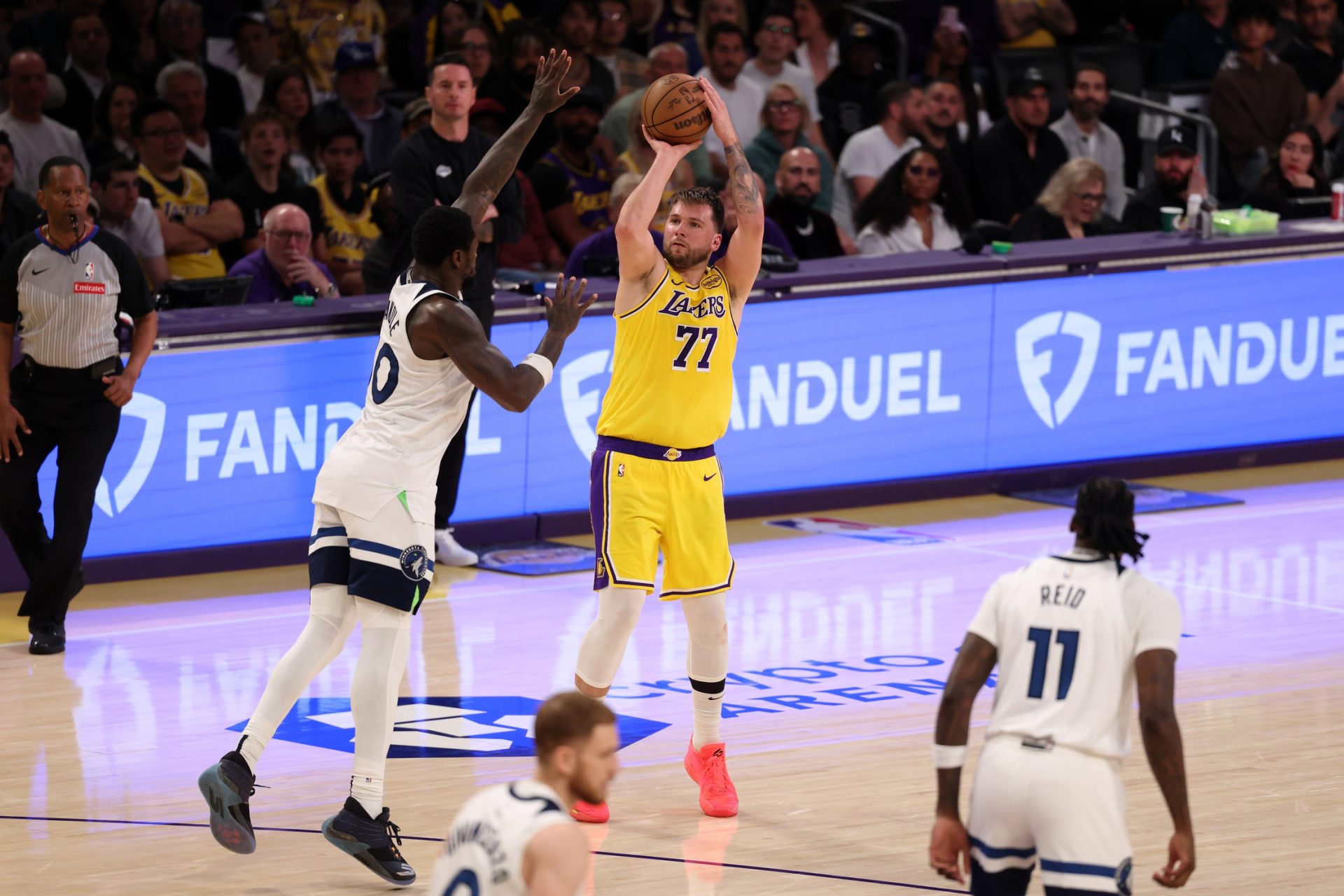

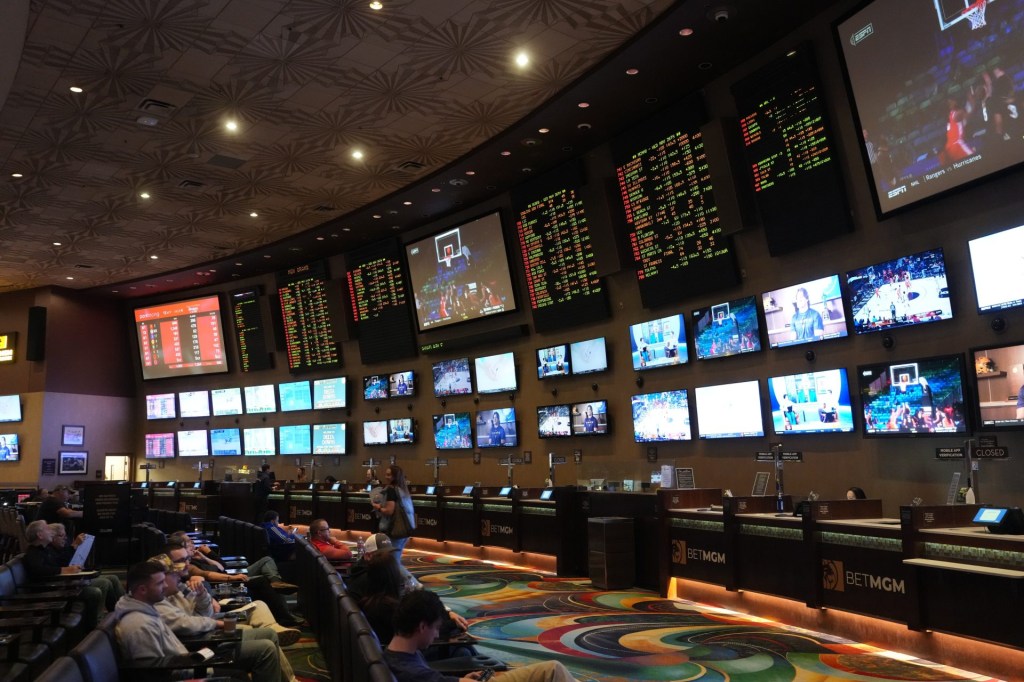
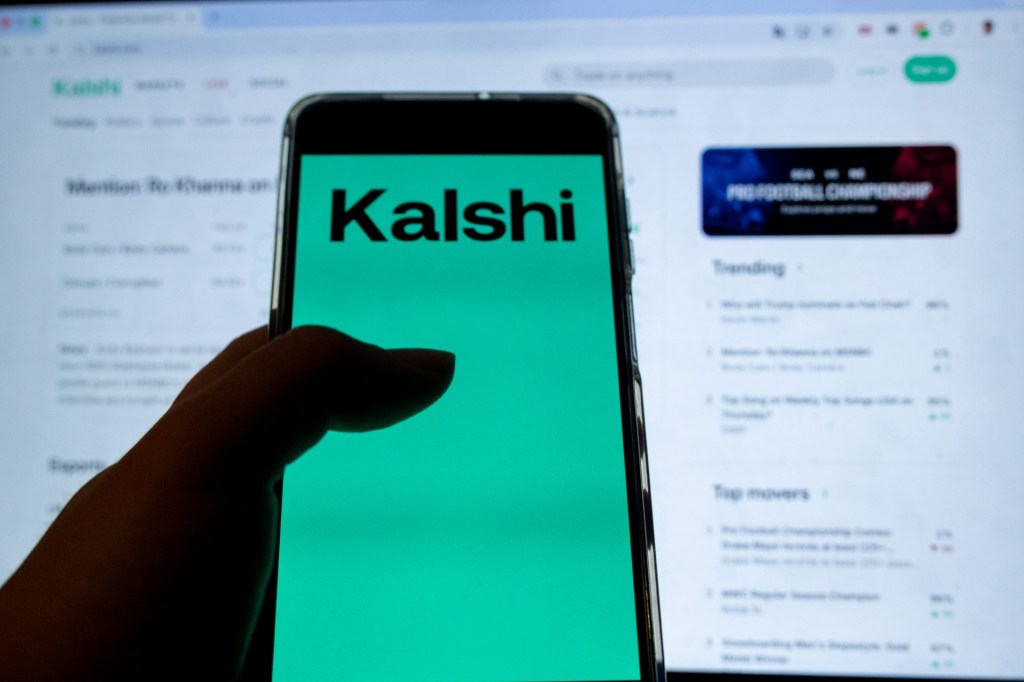


![[Subscription Customers Only] Jun 15, 2025; Seattle, Washington, USA; Botafogo owner John Textor inside the stadium before the match during a group stage match of the 2025 FIFA Club World Cup at Lumen Field.](https://frontofficesports.com/wp-content/uploads/2026/02/USATSI_26465842_168416386_lowres-scaled.jpg?quality=100&w=1024)
![[Subscription Customers Only] Jul 13, 2025; East Rutherford, New Jersey, USA; Chelsea FC midfielder Cole Palmer (10) celebrates winning the final of the 2025 FIFA Club World Cup at MetLife Stadium](https://frontofficesports.com/wp-content/uploads/2026/02/USATSI_26636703-scaled-e1770932227605.jpg?quality=100&w=1024)

![ESPN Bet broadcasts inside the PGA Tour Studios building in Ponte Vedra Beach, Florida, on March 14, 2025. [Clayton Freeman/Florida Times-Union]](https://frontofficesports.com/wp-content/uploads/2026/02/USATSI_25668497_168416386_lowres-1-scaled.jpg?quality=100&w=1024)
